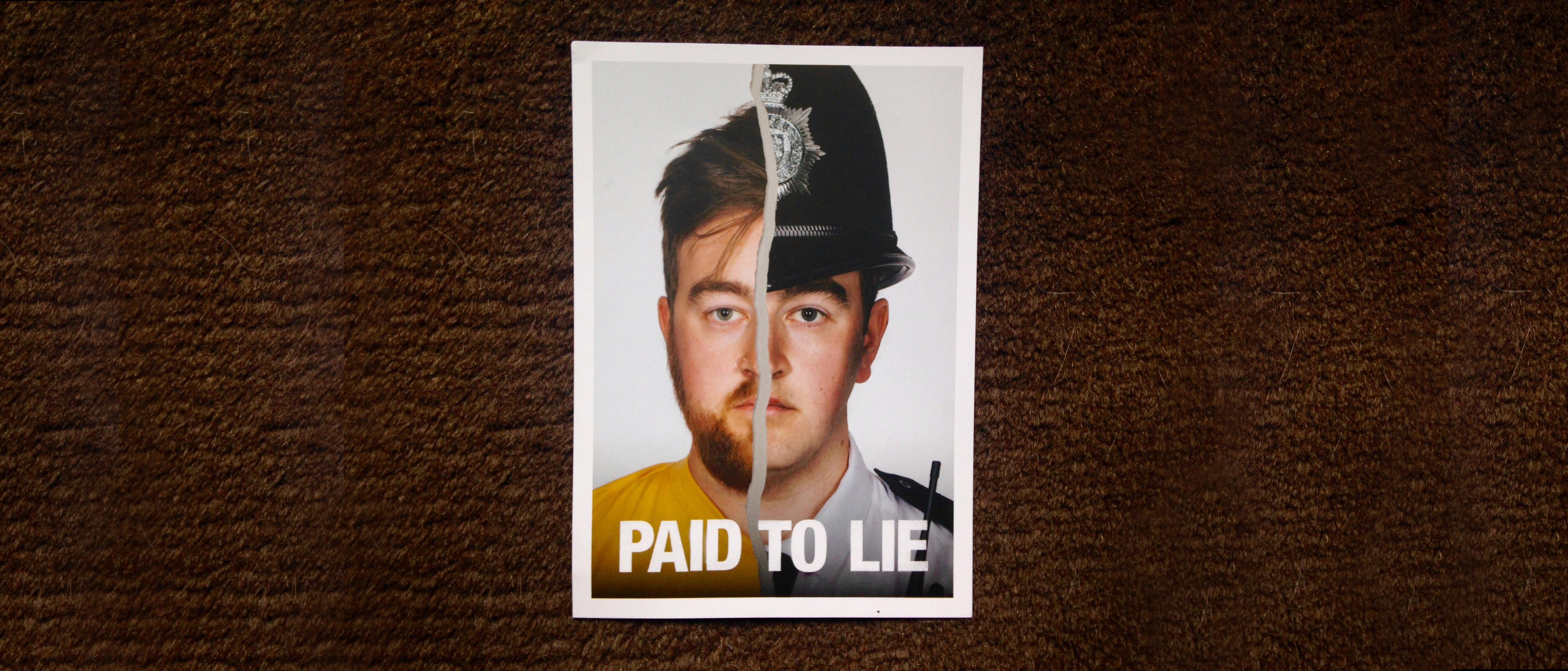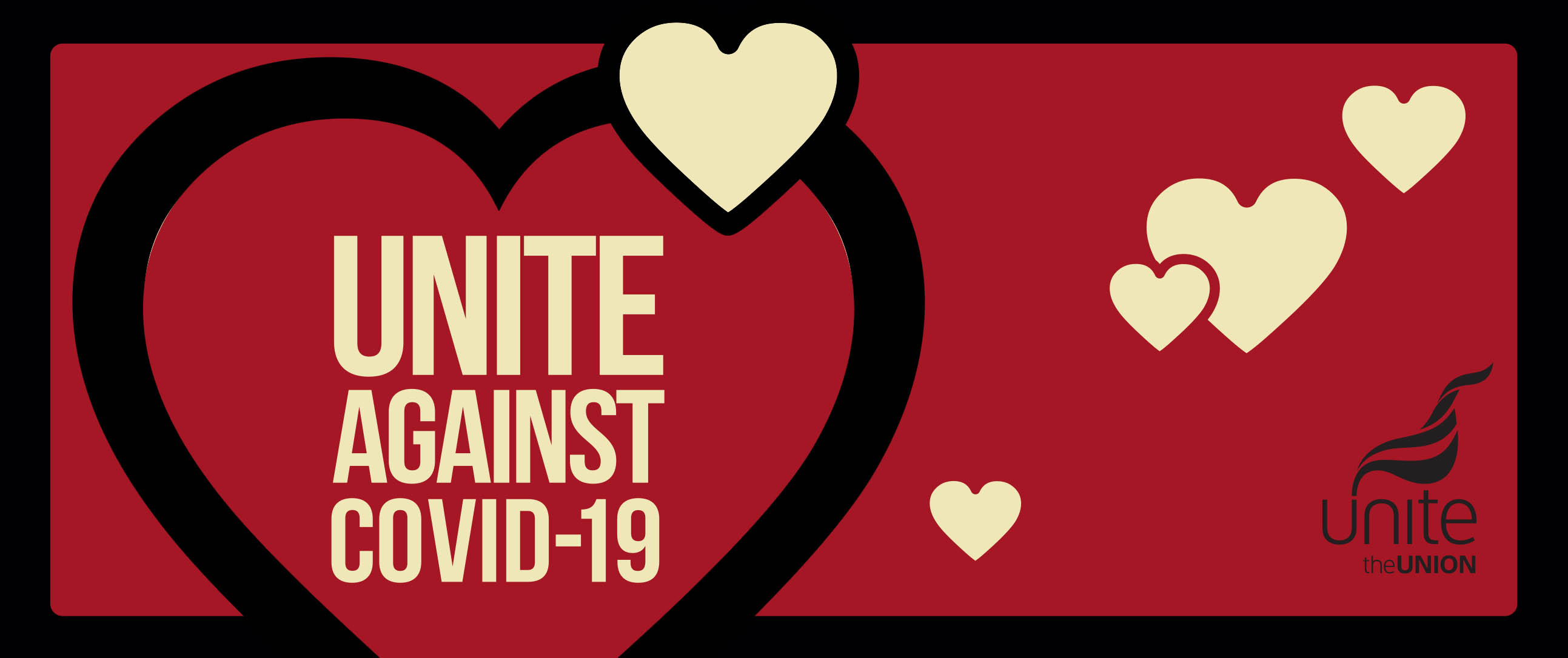Blacklisting: High Court case hearing
The road to justice for blacklisted construction workers continues as a hearing takes place today (July 14) at the High Court in preparation for a full trial scheduled for May of next year.
It is the sixth case management hearing since the legal process began after the Information Commissioner’s Office (ICO) blew the lid in 2009 on a mass surveillance operation of thousands of construction workers, many of whom suffered years – and in some cases, decades – of unemployment after being blacklisted for trade union activity or being vocal about health and safety.
The hundreds of claims made against dozens of different construction companies, including household names such as Balfour Beatty, Carillion and Laing O’Rourke, are being put forward in one process by the legal teams of Unite, Ucatt, GMB and the Blacklist Support Group.
The claims cover defamation, misuse of private information and breach of confidence, among others.
At today’s hearing, the representing trade unions and employers will begin the process of selecting 20 â€lead’ or â€test’ cases to be examined at the full trial next year which will serve as a basis for representing the more than 500 claims. These cases will encompass a cross-section of trades, type of files, range of projects worked and range of losses suffered.
Unite director of legal services Howard Beckett highlighted that in today’s case, the trade union side will claim that the employers’ disclosure so far has been inadequate.
Howard added that they will also seek to use expert advice to determine figures for claimants’ loss of earnings – a difficult exercise because of the significant time lapse, with some blacklisted workers’ files dating back to the late 1960s and early 1970s.
In the last case management hearing in May, shocking evidence was read out from the notebooks of Ian Kerr, director of the Consulting Association, the company which collated files on thousands of construction workers for decades and sold the information to 44 construction companies.
The evidence showed that the Consultation Association was a clandestine operation greatly concerned about its activities becoming public.
Immediately following the ICO’s raid of the company’s offices in 2009, chair of the Consulting Association David Cochrane instructed Kerr to “ring everyone, cease trading, close down”.
“We don’t exist anymore,” Cochrane told Kerr. “Destroy data. Stop processing…We meet and decide if we start up again and how.”
Scale of suffering
Unite assistant general secretary Gail Cartmail stressed the importance of remembering the scale of suffering that the blacklisted workers have endured at the mercy of construction companies bent on denying its workforce their human rights.
“The struggle continues in the High Court today,” she said. “It is crucial that we never forget that behind the issues in front of the court today are thousands of blacklisted workers who suffered in the hands of systematic blacklisters.”
Indeed, the impact on blacklisted workers’ lives has been devastating. Unable to get work on major construction projects, some were left earning much lower wages as self-employed builders for smaller companies. Many had to leave the industry altogether.
The fallout of years of unemployment left its mark on every aspect of their lives – some had their homes repossessed, others experienced family breakdown, while others continue to suffer poor physical and mental health under decades of economic strain.
Open apology
And we’ve just heard that today in court an open apology was read out on behalf of two of the defendants to one Unite claimant for having defamed the Unite member with an entry on the blacklist, and having caused apparent loss of employment and chance of employment because of the entry.
 Like
Like Follow
Follow


